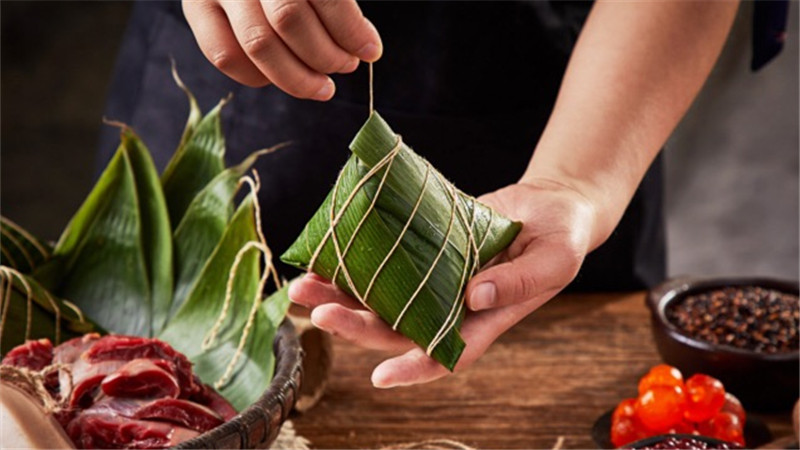A venerable rice dumpling company gets ready for an IPO
There’s big money in old-fashioned Chinese foods and holiday treats, and one of China’s oldest consumer brands is ready for the big time.

Wu Fang Zhai, a 100-year-old Chinese zongzi (粽子 zòngzi) maker, has just been approved for an initial public offering in mainland China. Zongzi is a traditional Chinese snack made of glutinous rice stuffed with meat or sweet red beans.
Founded in 1921, Wu Fang Zhai began as a small workshop in Jiaxing, a city in the province of Zhejiang, and now produces over 1.8 million zongzi a day. The company has also branched into other traditional delectables and rice-based snacks like moon cakes, dumplings, and pastries.
The company plans to raise 1 billion yuan ($158 million) through this IPO, which will be used to construct more food and R&D labs as well as digital upgrades of its production facilities.
- From 2018 to 2020, the dumpling maker made a steady 2.4 billion yuan ($380 million) a year in annual revenue. But last year, after the worst of the pandemic was over, it reportedly made 2.1 billion yuan ($330 million) just in the first half of the year.
- As of June 30, 2021, Wu Fang Zhai had 497 stores in cities such as Jiaxing, Hangzhou, Shanghai, Wuhan, and others.
- Wu Fang Zhai competes with a clump of other legacy makers of Chinese delights, including Guangzhou Restaurant (moon cakes), Sanquan Food (soup dumplings), Babi Food (buns and steamed buns), Yiming Food (dairy products and baked goods), Tao Li Bread (baked goods), and Yuanzu (Chinese and Western cakes and pastries).
The context: Zongzi are traditionally consumed during the Dragon Boat Festival — a festival to ward away evil spirits — in May or June. The Jiaxing custom dates back to the Ming dynasty (1368-1644). Wu Fang Zhai’s zongzi-making secrets made the National Intangible Cultural Heritage List in 2011.
- In recent years, the traditional dumplings have grown steadily as a portion of companies’ revenues from 66% in 2018 to 84.06% in the first half of 2021. The price per 100g grew from 2.99 yuan to 3.74 yuan ($0.47 to $0.59) in the same period of time.
A fortune to be made in traditional foods?
The disposable income of rural Chinese is set to grow from $4,000 in 2017 to $10,000 by the end of the decade. That means stocks revolving around rural consumption — staples like meat and dairy along with delectables with “traditional Chinese characteristics” — are set to boom.
China news, weekly.
Sign up for The China Project’s weekly newsletter, our free roundup of the most important China stories.






